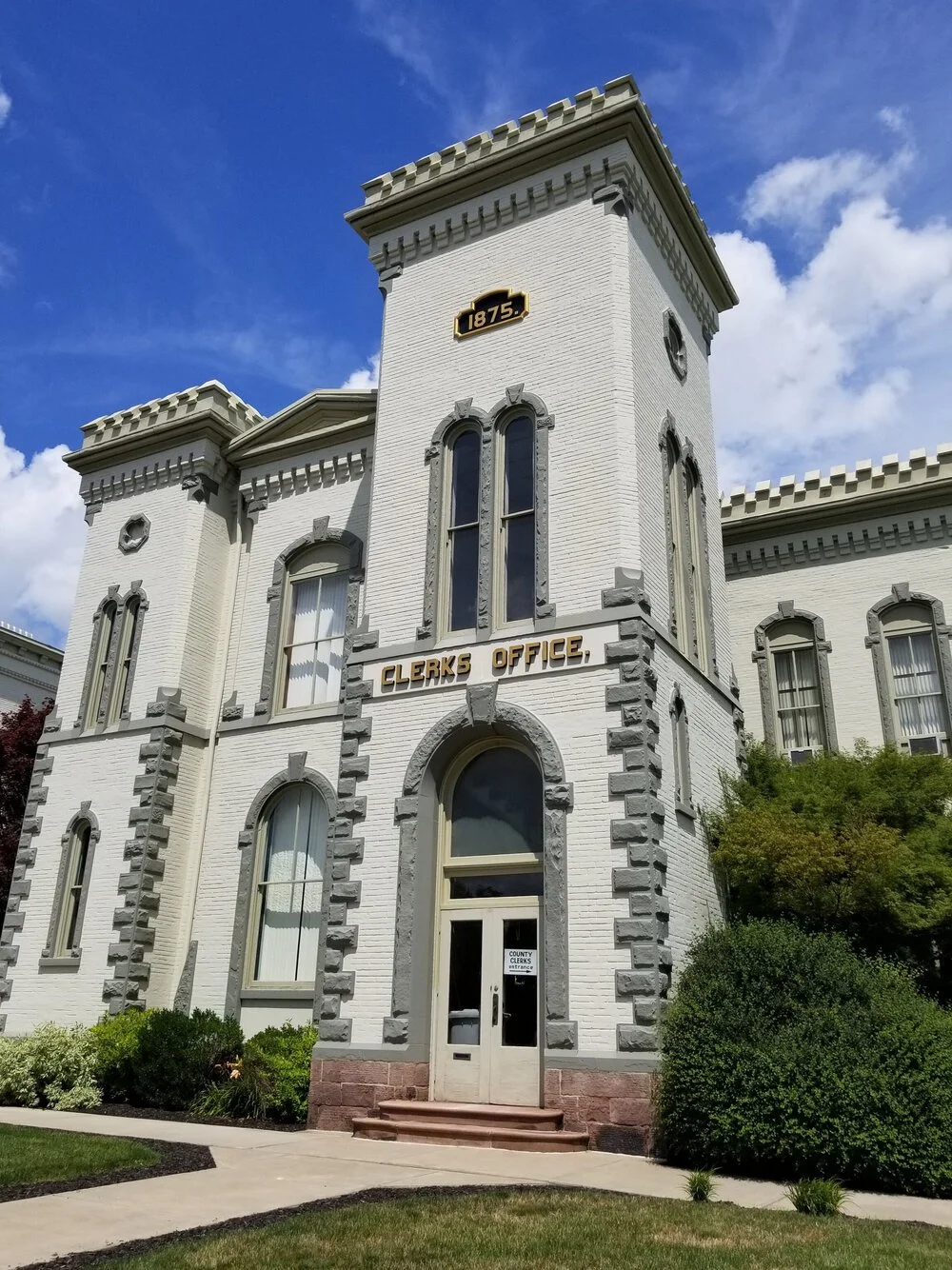CITIES RISE
HESTER STREET COLLABORATIVE & NEW YORK ATTORNEY GENERAL’S OFFICE
Role: Research & Process Lead (phase one); Co-lead for three cities (phase two)
Dates: March 2018 - August 2019
Scope: Qualitative practices, planning strategies, and coaching (city staffers)
Focus areas: Housing policies, urban planning, and code enforcement strategies
Overview
The New York State Attorney General launched Cities for Responsible Investment and Strategic Enforcement (Cities RISE) in 2017 to build the capacity of municipalities to use housing and community data across agencies to better address and transform properties affected by the housing crisis. Project partners identified a need for technical assistance and capacity building to support equitable code enforcement decisions and to set municipalities up for success in partnership with community members.
Phase one focused on gaining a holistic understanding of code enforcement across sixteen cities. Phase two focused on facilitating equitable community engagement strategies across ten cities for the purposes of informing the development housing policies.
Process
During phase one, the team developed an equity-centered framework to deeply embed marginalized communities in decision making processes. This framework included a process map, set of principles, and set of best practices.
I led the development of the process map to reflect the code enforcement process of ten cities across New York State. The holistic approach illustrated operations in context of the state of NY and in relation to the experiences of both residents and frontline code enforcement staff. This internal tool equipped team members with strategies to implement equitable practices across cities and per locale.
During phase two, the team focused on providing technical support in crafting customized, innovative community engagement strategies for ten cities across NY. The purpose of facilitating this process was to ensure that groups that were disproportionately impacted by code enforcement processes were deeply considered in the refinement of such policies, both citywide and statewide.
I co-led three cities over the course of approximately nine months. This resulted in meaningful engagement with community members across their regions and thoughtful approaches to understanding the voices of multiple subgroups. Initial ideas each city proposed shifted to include community members that were not normally considered. These results and approaches transformed how cities think about their constituencies and the development of their cities as a whole and respectively.
Outcome
Approach to community engagement shifted for most of the cities we collaborated with. For example, a medium sized city grappling with blight and vacancies shifted their punitive model to one that incorporated social workers to their code enforcement response crew, in addition to mental health training to the wider team. Prior to this, they had a system that was citation heavy influencing the frequency of displacement and its impact on transient populations, such as refugees.
Additionally, for phase one, an equity-centered framework for code enforcement was developed, and, for phase two, a community engagement toolkit was also developed.
Ultimately, through our support and our partnership with our project thought partners, cities received roughly $8 million dollars in grant funding from the NYS Attorney General’s office to implement key changes.
Phase one report here and toolkit here.
Other partners included Harvard Ash Center and Tolemi.

